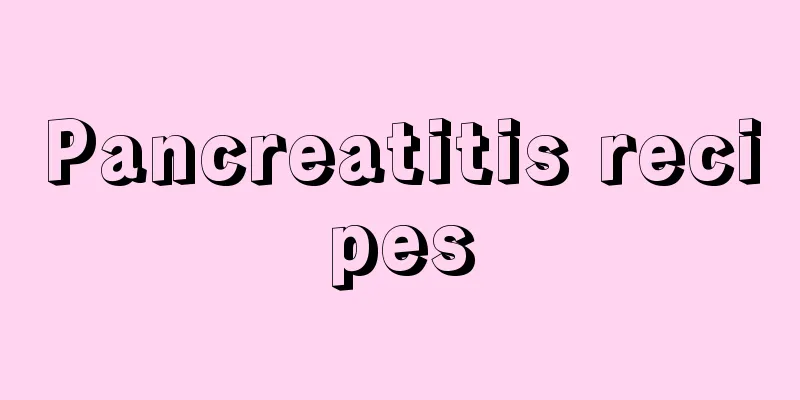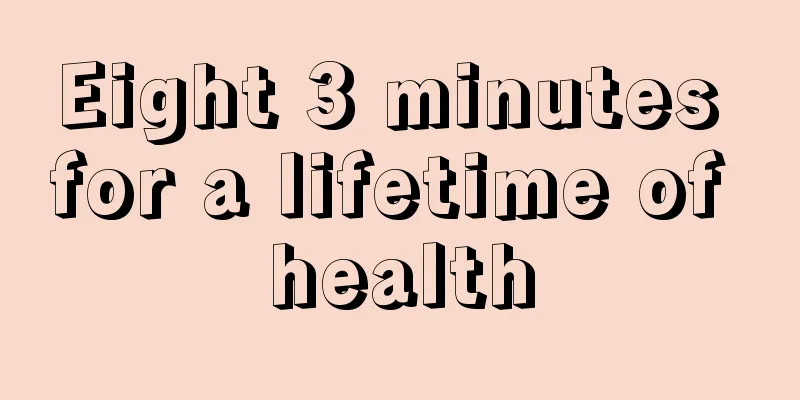What disease does heart pain indicate?

|
The heart is one of the most important organs in the human body and is related to human health. People usually worry when they have heart pain, but they don’t understand what the symptoms are like, so they can’t assist doctors in making scientific judgments and then treating them. Heart pain includes chest wall pain, chest pain, angina pectoris, and burning pain, and the severity of the condition increases in sequence. Patients should be informed for better treatment. 1. Chest wall pain is also called musculoskeletal pain The pain is concentrated in one spot and the patient can point it out clearly. The pain does not last long, usually only one or two seconds each time, and there is a chance of recurrence. The patient experiences stabbing or even severe pain in the chest when taking a deep breath, coughing, sneezing or turning around. The pain may be more severe than chest pain caused by other diseases, but most cases improve within a few days to two or three weeks. Any age can get it. Cause: The patient sprains and inflames the cartilage between the ribs, namely the costal cartilage, which is one of the more common chest wall pain diseases. Inflammation caused by viruses such as influenza, the flu itself can also cause bone pain all over the body. Broken ribs are less common but are also the most painful. The inflamed area will heal on its own without medication, but your doctor may prescribe painkillers and anti-inflammatory drugs. If your ribs are broken you can only wait for the wound to heal on its own. There is no need to take antibiotics as they have no effect on viruses. 2. Anxiety causes chest pain Patients claim that the pain lasts for hours, days, years, or even more than a decade. The pain may occur anywhere in the chest, and patients usually feel a "cloudy" or "stuffy" feeling. The patient begins to feel chest discomfort when he is at rest, such as sitting, lying down, or not working, but not when working or exercising. As soon as the patient sits down to see the doctor, he quickly lists out various "symptoms": dizziness, sweating, nausea, shortness of breath, fear of heat, fear of cold, numbness of hands, feet or lips, and he really wants the doctor to "cure" his illness quickly. The cause of the disease is excessive tension. Treatment focused on addressing the mental state, with detailed explanation that the patient's chest pain was not heart related. Gao Deqian said that usually by this point, the patient feels much more at ease. "We also need to talk to them patiently and guide them on how to easily cope with stress. In serious cases, they need to seek help from a psychiatrist or clinical psychologist." Angina pectoris caused by coronary heart disease The most serious condition is the opposite of chest pain caused by anxiety. That is, the pain only occurs when walking, exercising, chasing buses, climbing stairs, etc.; the pain stops when you stop. The pain lasts for five to ten minutes. There is a feeling of pressure in the chest, especially in the upper chest area, or a feeling of being "pressed" by the object. If the pain persists for fifteen to thirty minutes and you are sweating, it may be a myocardial infarction and you must go to the emergency room immediately. Cause: Blockage of the coronary arteries that supply nutrients to the heart. Taking "Di Wan" to treat angina pectoris in patients with coronary heart disease can dilate blood vessels and relieve the condition. Or undergo angioplasty or heart bypass surgery to restore normal blood flow. 4. Gastroesophageal reflux disease Something comes up when you eat too much, lie down, or sleep. There is a "swelling" and burning sensation in the chest, and even a sour taste in the mouth. Sitting up improved the situation. The cause is that the "gate" (a group of sphincters) between the esophagus and the stomach relaxes, allowing stomach acid to rise. Treatment involves lifestyle changes, such as not eating too much. Take medicine to control stomach acid secretion. The characteristic of gallbladder inflammation is pain when eating a full meal. The area is concentrated between the lower chest and the stomach, with a feeling of "pushing" or "bloating". The pain lasts for hours. The cause of the disease is gallstones causing inflammation. Treatment requires surgery to remove the gallbladder. |
<<: How is heart failure treated?
>>: Five Elements Longevity and Heart Nourishing Porridge, Quick Treatment for Heart Disease
Recommend
Only by combining the diagnosis of rectal cancer can patients discover their condition in time
Rectal cancer is a common tumor disease. If the d...
What is the reason for wetting the bed after drinking
The problem of bedwetting due to drinking often o...
What is the protruding bone on the ankle called
I believe many people will find that there is a b...
How many stages are there for prostate cancer? Is there any hope for advanced prostate cancer?
Medical research has shown that the occurrence of...
Pay attention to possible discomfort symptoms during postoperative care for cardia cancer
After an operation, we always need to pay attenti...
Can fresh dates be put in the refrigerator?
In the hot summer, when we choose fruits, we will...
What should you pay attention to in your diet after esophageal cancer surgery
After esophageal cancer surgery, the normal physi...
How is mental illness caused
Maybe many of my friends are still afraid when th...
What to do if a patient with nasopharyngeal carcinoma has brain metastasis and how to provide care
Nowadays, many patients are concerned about the c...
How to treat liver cancer reasonably to achieve good results? What are the traditional Chinese medicine prescriptions for treating liver cancer with heat toxicity and Yin damage?
How to treat liver cancer rationally Liver cancer...
These three reasons can actually lead to male prostate cancer. How to prevent it
Prostate cancer is the most common tumor in men, ...
Principles of staging treatment for prostate cancer
For prostate cancer, the most common staging meth...
What are the drugs for advanced brain cancer
At present in our country, due to the continuous ...
The upper part of the finger is white and bloodless
People's hands are not only used for labor, b...
How to turn over after cesarean section without pain from the incision?
After a cesarean section, a large wound will be l...









